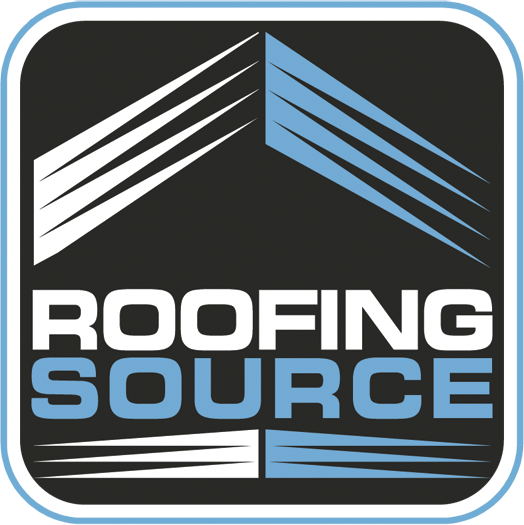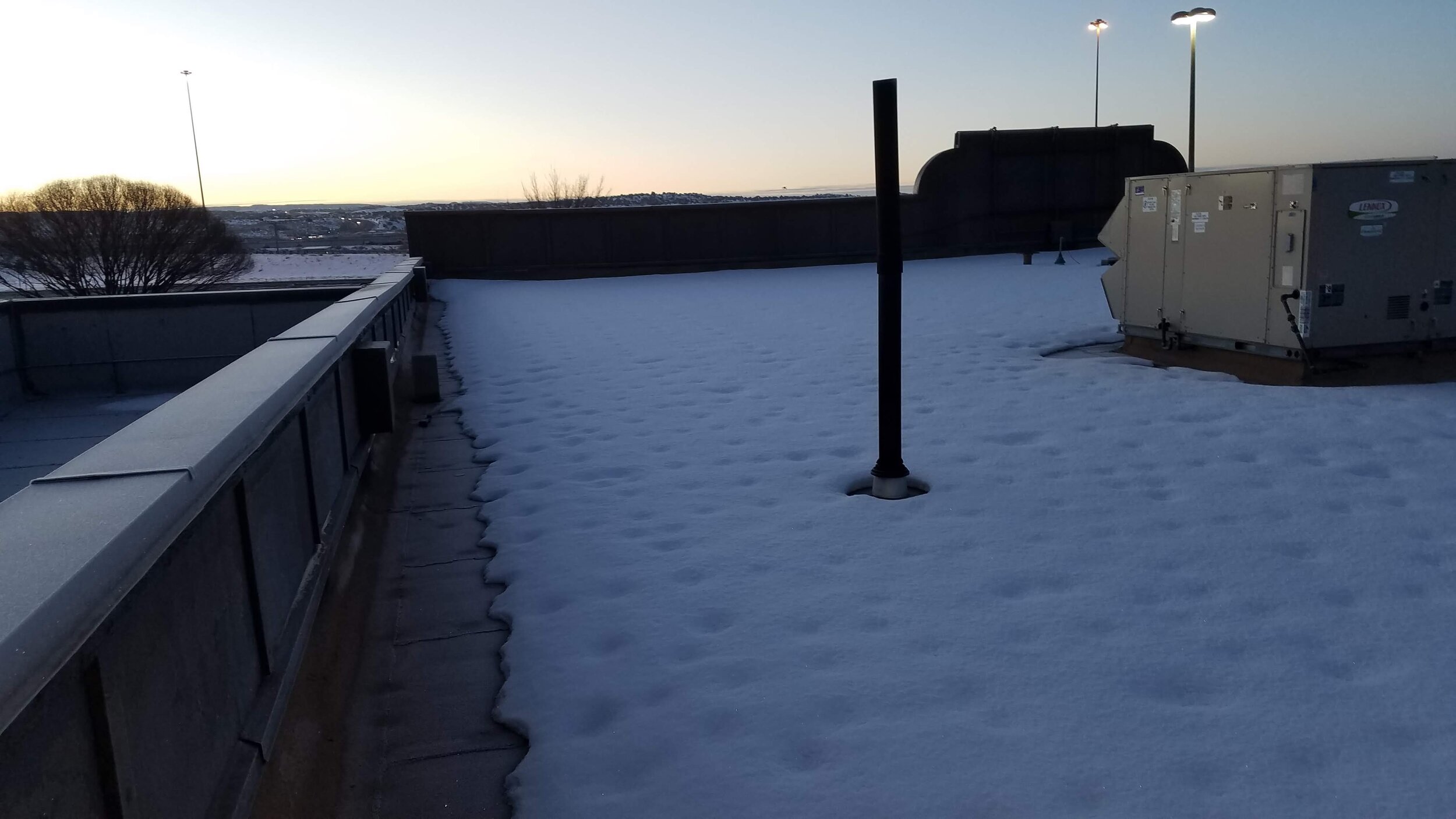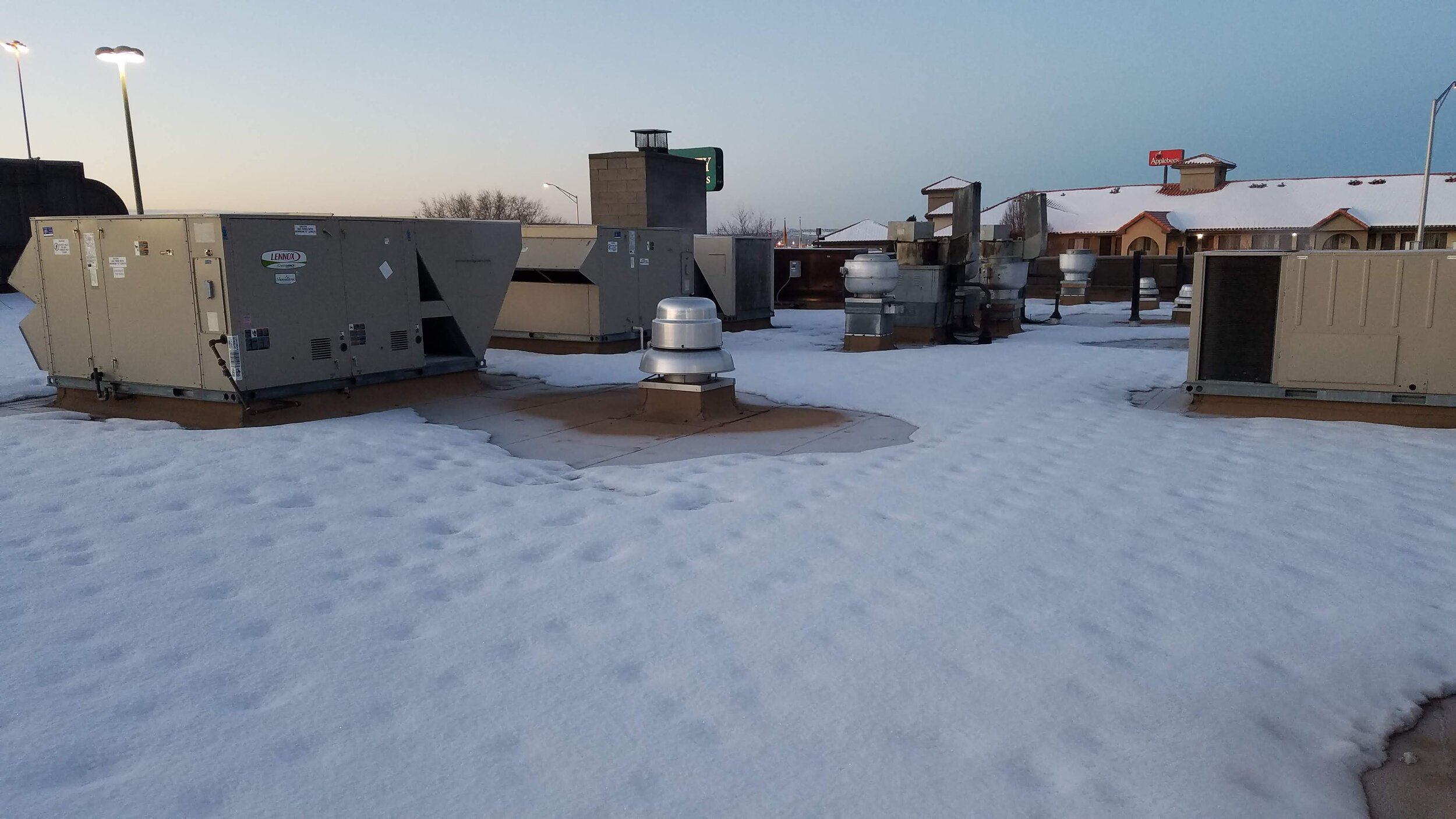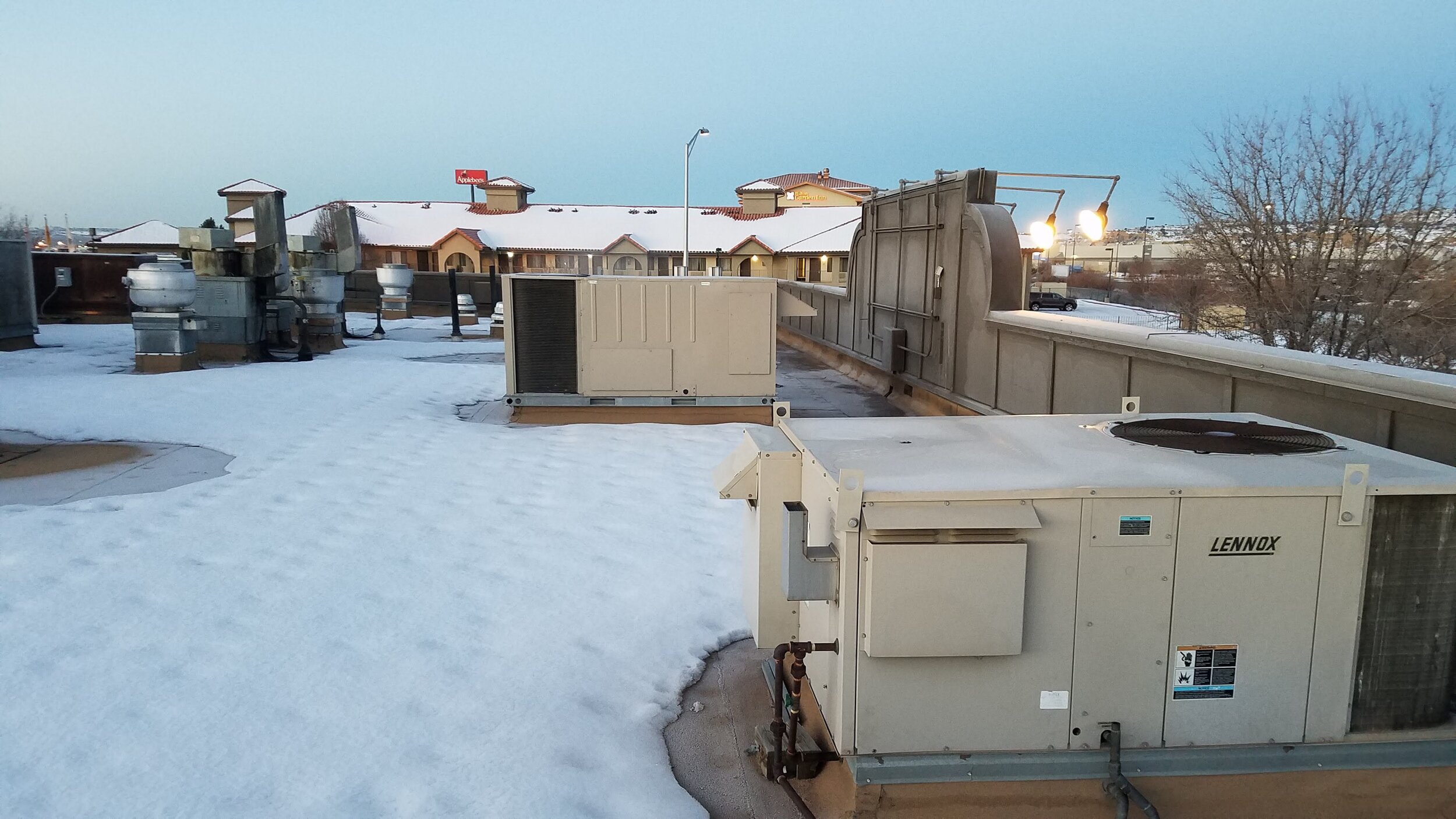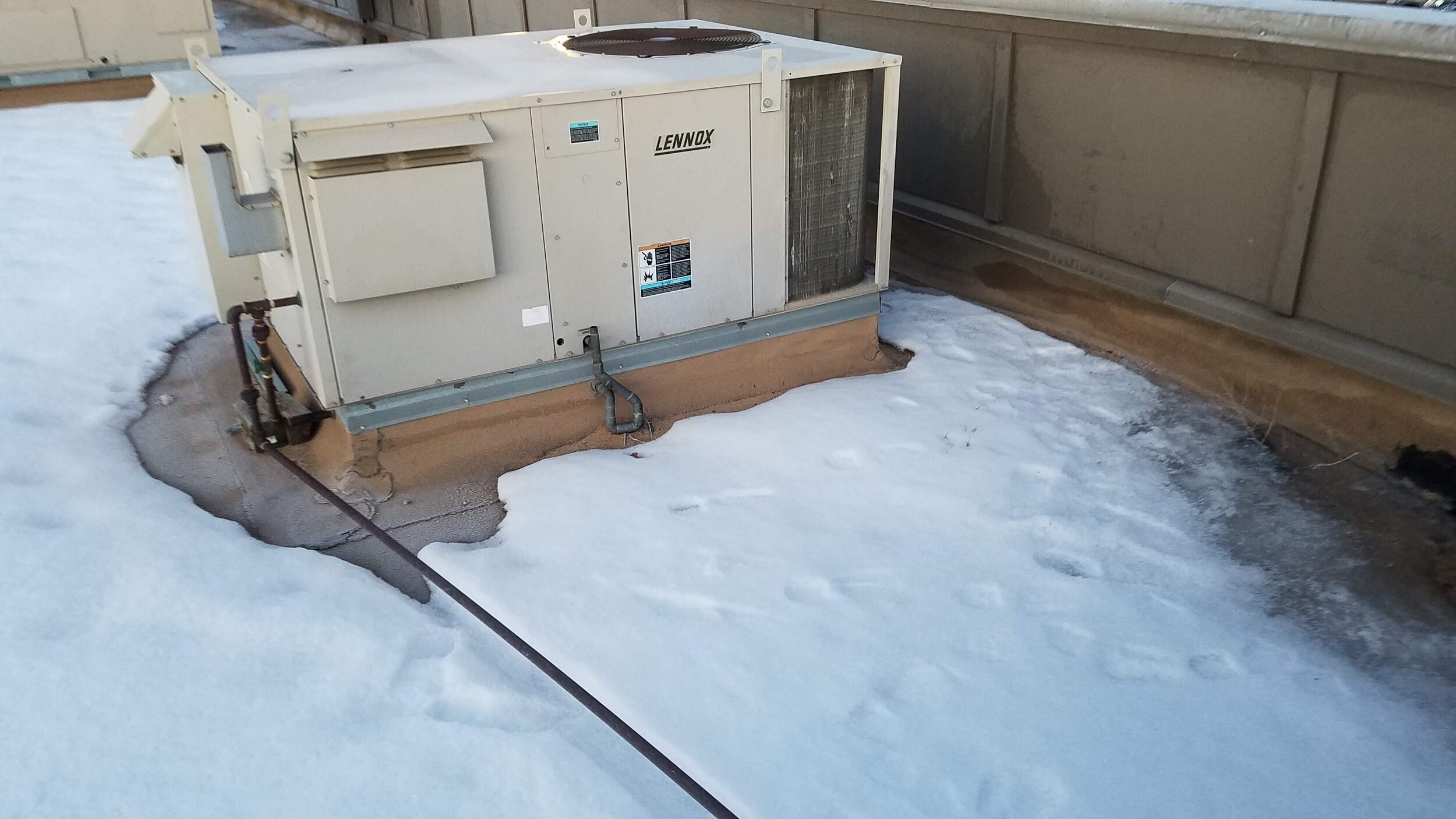Winter weather comes with snowfall, ice dams, and roof leaks if you do not prepare. Did you know that it is 100% more expensive to repair a roof in the winter because of the increased labor needed to complete the job? Discover how with simple preparation how you can avoid wintertime roof leaks.
1. Schedule An Inspection Before The Snow Falls
Defects in roofs tend to get increasingly worse with freezing temperatures and inclement weather. Make sure you have a proper roof inspection to prevent further issues. If moisture gets into cracks and crevices, the roof freezes and expands which creates an even larger deficiency. This is also true for open laps, as it is easier for moisture to get in and cause the lap’s seam to become even larger. You’ll be able to save a significant amount of money by being proactive and having an inspection before the cold winter weather arrives.
2. Clean Off Debris
Make sure your roof is free from debris and drainage obstructions. Gutters, drains, and downspouts should remain clear at all times so that water can exit the roof as quickly as possible. If debris is not removed, there will be an increased chance that ice dams will form once the moisture freezes.
3. Limit Roof Access To Third Parties
Third parties can bring the incorrect equipment like shovels (any type of shovel is the wrong shovel) onto your roof causing additional and expensive damage. Many times it is thought that cleaning the roof will decrease the likelihood of a leak. While this is true, doing so incorrectly will cause additional damage to the roof Limiting roof access will also decrease the likelihood of a fall because wet roofs are more slippery than dry. If you think you have a roof leak make sure to call us right away.
4. Do Not Snow Blow Your Roof
While using a snow blower on a rooftop may sound crazy, we have seen it done. A snow blower can severely damage the membrane of your roof.
5. Do Not Put Salt On Your Roof
Do not put salt on your roof! Sodium chloride, or rock salt, is highly corrosive. It will damage the roofing, siding, gutters, and downspouts, and the poisonous runoff will kill foundation plants and more.
6. Install Heat Tape With Caution
In many municipalities, it’s against code to install heat tape or cables along the drains and gutters. This is because they have been shown to overheat and cause fires. However, in some cases, heat tape can be beneficial to install in metal gutters and downspouts to keep them from freezing. If installing, make sure to never apply it to the actual membrane because it could potentially melt and create further damage.
Written by
Dylan Shealy
Field Support Representative
